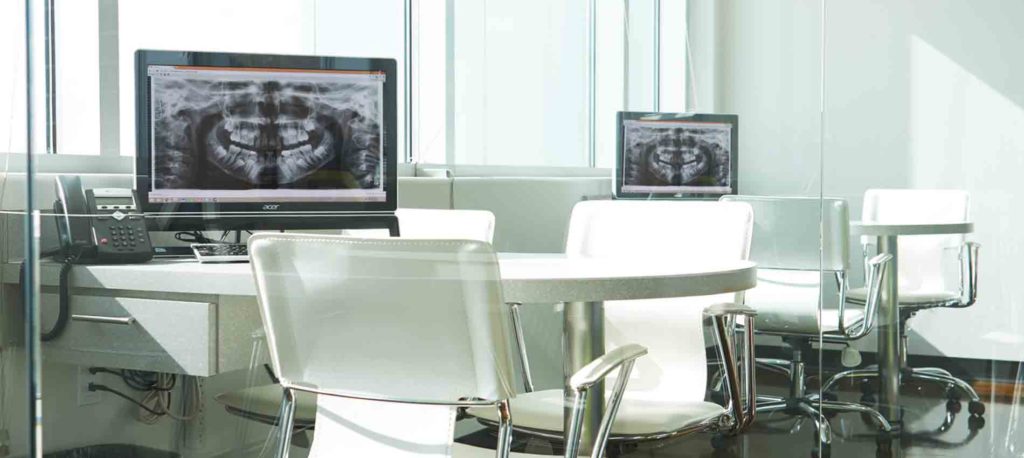Editor’s note: Dr. Brown connected with Practice Real Estate Group through dermatology consultant Kim Campbell in 2018. Coming out of residency, she faced the critical decision many new physicians confront: join a large group offering immediate salary security or build her own practice. Dr. Brown recently shared her practice ownership journey with our team, offering valuable insights for physicians considering a similar path.
The Current Dermatology Landscape
“Private equity is rapidly acquiring dermatology practices, and many residents are joining these larger firms,” Dr. Brown explains. “While some dermatologists want to start independent practices, it’s challenging to compete with these corporate giants.”
Finding the Right Support System
Dr. Brown’s journey began in 2018 when she connected with PRG’s Austin, who helped her find the perfect location in Texas.
“Austin flew out personally to tour potential sites with me. Once we identified the right space, he handled all negotiations with the property partners,” she recalls.
This professional guidance proved invaluable as she simultaneously worked with a partnership group that assisted with funding, credentialing, and other startup essentials for her Tampa practice.
From Startup to Growth Phase
Just a few years later, Dr. Brown’s practice is thriving beyond expectations.
“I love my office, but at 2,200 square feet, we’re bursting at the seams with patients. I have a PA starting soon, I’m recruiting another physician, and my schedule is booked out for months,” she shares.
This success has prompted her to seek a larger space, turning once again to PRG for guidance. “They’re handling everything from negotiating the lease to comparing different LOIs, ensuring I get the most favorable terms possible.”
Beyond Real Estate: Comprehensive Support
Dr. Brown emphasizes that PRG’s value extends far beyond simply finding space.
“They connect you with architects, contractors, financing options—all the time-consuming aspects of practice establishment that physicians typically have minimal experience with. Medical school and residency don’t teach the business of medicine, so having experts guide you through these processes is invaluable.”
Balancing Growth with Practice Philosophy
Looking toward the future, Dr. Brown is establishing a second location with approximately 4,300 square feet—ample space for additional providers while maintaining her practice philosophy.
“I’ve built a boutique practice in my hometown where I know many patients personally. I never want to become a ‘patient washing machine’ with revolving-door care. I’m committed to preserving our family feel, even as we grow,” she explains.
The Critical Decision Point for New Physicians
When asked about the most challenging aspect of her journey, Dr. Brown points to the initial decision after residency.
“You’re immediately confronted with a choice: join a large group offering an impressive salary but sacrificing autonomy, or take the leap into practice ownership. Large groups will show you huge numbers, but they dictate patient volume, work hours, and practice style. Some of my colleagues who chose that path now see 70 patients daily.”
Despite juggling practice growth with raising two young children (including taking calls while dressed in Halloween costumes), Dr. Brown has no regrets about choosing independence.
“Starting your own practice requires significant work, but it’s absolutely worth it. Those of us who’ve built successful independent practices want to empower other physicians to believe they can do the same.”



